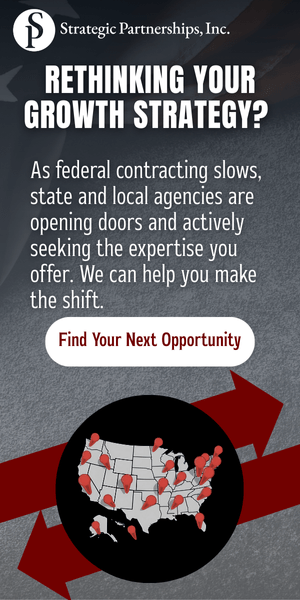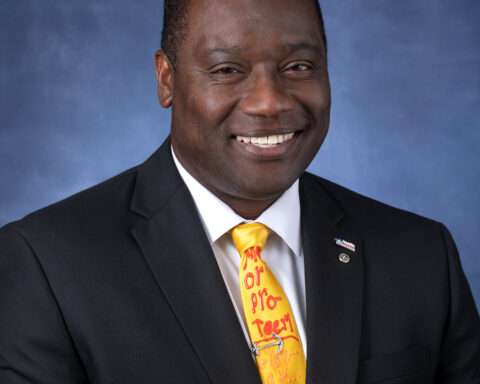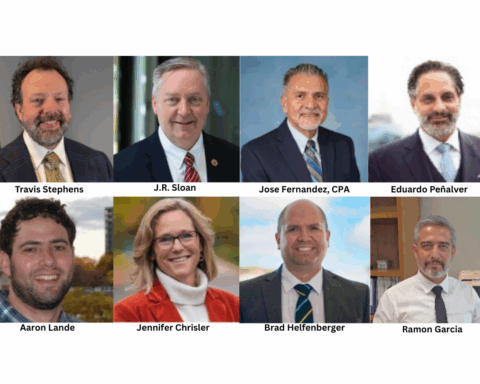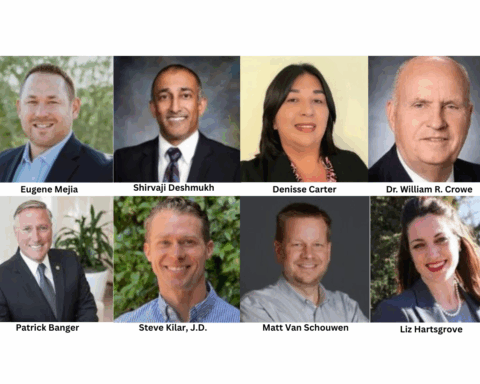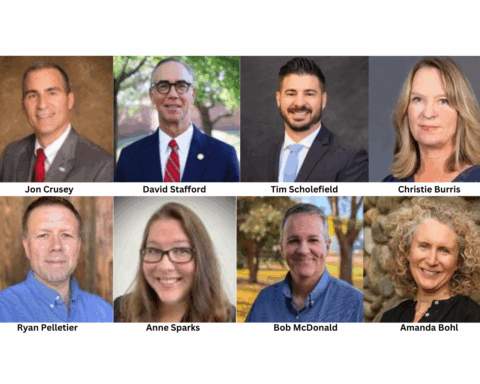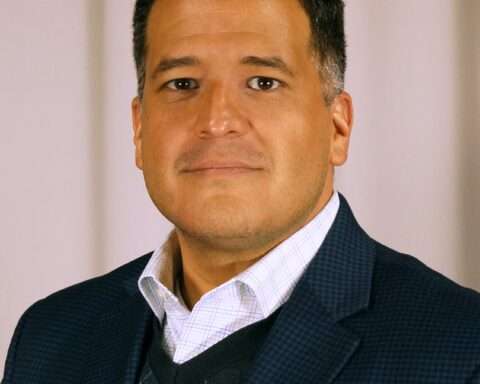Profiles in Power highlights public officials nationwide who are improving their communities through their dedication, enthusiasm, creativity and experience.
This week’s profile is Business Administrator of the city of Jersey City, John J. Metro.
My public career highlights and education:
After graduating from Saint Peter’s University with a degree in political science and economics, I began working for the city of Jersey City. Over the past 12 years, I’ve had the rare opportunity to serve at nearly every local government level—from union employee to supervisor, department director, and now City Manager. That journey has shaped the way I lead. It’s given me a ground-level understanding of municipal operations, a deep appreciation for staff, and a clear view of how leadership decisions affect everyday lives.
What I like best about public service:
What I value most in public service is delivering results that people can see and feel. The job demands balancing competing interests, political pressure, and limited resources. But the reward is real when a project finally comes to life. Whether it’s opening a new park and delivering on a longstanding promise to a community or raising the minimum wage to a living wage for city workers while encouraging the broader economy to follow—those moments matter. They remind me why this work matters.
The best advice I ever received:
“In work and in life, measure yourself by how often you help the people who can never repay you.”
My mentor, John Minella, taught me this principle early in my career, and it has stayed with me ever since. It’s not just a work ethic—it’s a way of honoring those who came before me and did the same for me. Some of them remain nameless, but their impact was lasting. This idea of service without expectation is the legacy I try to continue daily.
What people often don’t see about local government:
One of the most misunderstood aspects of local government is the constant and often invisible tension between limited resources and unlimited needs. I manage an $800 million city budget but face what easily amounts to $1.5 billion in annual demands—from infrastructure and housing to economic development and quality-of-life initiatives. One of the most underappreciated pressures comes from rising healthcare costs and pension obligations. These aren’t considered flashy investments, but they represent some of the most significant financial responsibilities local governments shoulder. They’re essential to supporting our workforce and maintaining long-term fiscal health, even though they rarely make headlines.
A current project or initiative that I am working on:
The Bayfront redevelopment project is one of the most transformative initiatives I’ve worked on. This 100-acre site, once an industrial and environmentally compromised stretch of land, sat vacant for decades. It’s now being reimagined as a national model for inclusive urban development. The plan includes approximately 8,000 residential units, with 35% set aside for affordable housing. It’s a once-in-a-generation opportunity to build a sustainable, mixed-income waterfront community—and to correct longstanding environmental and economic injustices.
One thing outside of government people may not know about me:
I enjoy distance running and often use it as a way to stay grounded. I regularly participate in races to raise money for causes that are deeply personal to me—especially those focused on substance abuse and mental illness. Both have affected my family in significant ways. Supporting organizations in this space gives me a meaningful way to give back and stay connected to something bigger than the day-to-day work.





